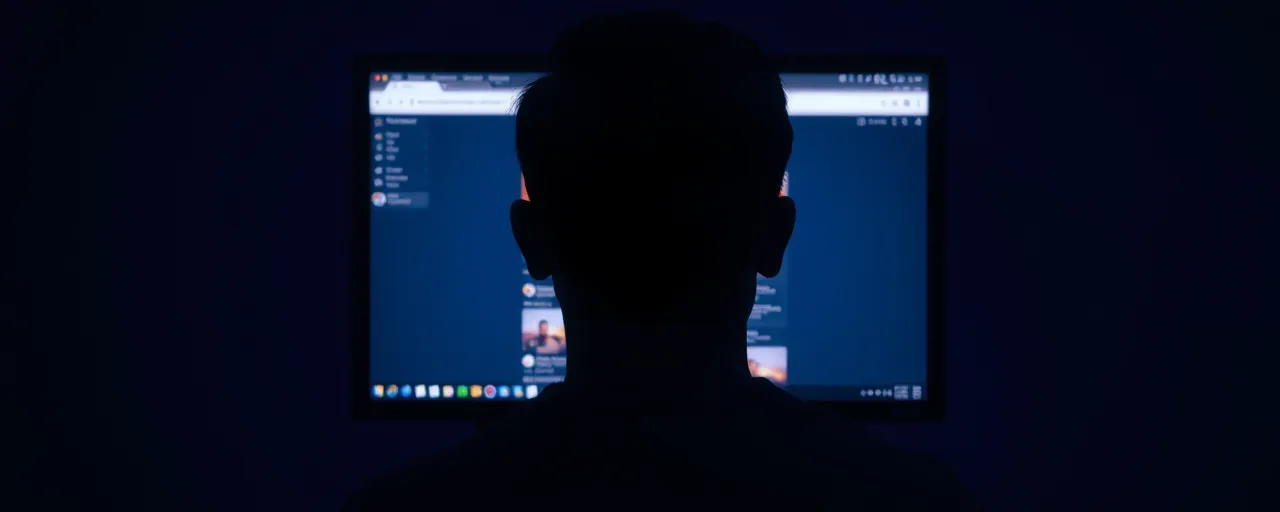A Roadblock for International Students
Thousands of students worldwide are stuck in limbo. The Trump administration has halted new interviews for F, M, and J visas, which cover academic, vocational, and exchange programs, pending new social media vetting guidelines. A March 2025 State Department cable triggered the pause, leaving applicants unable to move forward with their plans to study in the United States.
Directed by Secretary of State Marco Rubio, the policy requires consular officers to review applicants’ social media for signs of extremist views or hostility toward U.S. institutions. Until detailed protocols arrive, embassies have stopped scheduling interviews. This sudden shift has left students uncertain and universities grappling with enrollment challenges.
The impact is already measurable. Since March, over 1,200 student visas have been revoked, and more than 4,700 statuses terminated, federal data shows. Harvard’s suspension from a key visa program affects nearly 7,000 students, prompting legal battles and campus warnings against international travel.
Prioritizing National Security
Advocates for the policy emphasize its role in safeguarding the nation. They cite Executive Order 14161, which calls for scrutinizing public social media posts to detect potential threats. Supporters, including some national security officials, argue that visa decisions demand rigorous checks, and online activity provides a window into applicants’ intentions.
The State Department’s directive requires consular staff to capture screenshots of social media content dating back to October 2023, focusing on support for terrorist organizations. Proponents believe this strengthens vetting processes and protects educational programs from exploitation. They view the pause as a way to ensure consistency and thoroughness.
This approach builds on historical trends. After the 2001 terrorist attacks, the Patriot Act and the Department of Homeland Security reshaped immigration with a focus on counterterrorism. Today’s policy adapts those principles to the digital era, where a single post could reveal critical security risks.
The Cost to Campuses and Beyond
Universities and advocacy groups see significant risks. They argue that mandatory social media screening discourages free expression and unfairly targets students engaged in activism, such as those involved in pro-Palestinian protests. Vague criteria for “hostility” could lead to inconsistent or biased decisions, they warn.
The economic fallout is substantial. In 2023–24, international students added $44 billion to the U.S. economy, supporting over 378,000 jobs. A 1% drop in undergraduate enrollment signals potential losses for universities, particularly in science and engineering, where foreign students dominate. These disruptions could weaken research and innovation nationwide.
Legal challenges are growing. Harvard’s visa program suspension has sparked lawsuits, with institutions arguing that the policy threatens academic freedom and the U.S.’s appeal as a global education destination. Stretched consular resources further complicate the situation, prolonging delays for applicants.
Navigating a Complex Divide
This policy highlights a persistent challenge: balancing security with openness. U.S. immigration has long wrestled with this tension, from the 1924 quota system to post-9/11 visa reforms. The current focus on social media vetting introduces new questions about privacy and fairness in a digital age.
Security advocates argue that evolving threats require modern tools, where online activity can signal risks that traditional checks miss. Conversely, academic communities stress that broad surveillance could deter global talent and stifle diverse viewpoints, weakening the U.S.’s intellectual edge.
As the administration refines its vetting guidelines, the stakes remain high. Students face uncertainty, universities brace for financial strain, and the nation weighs how to protect its interests while welcoming the world’s brightest minds.
